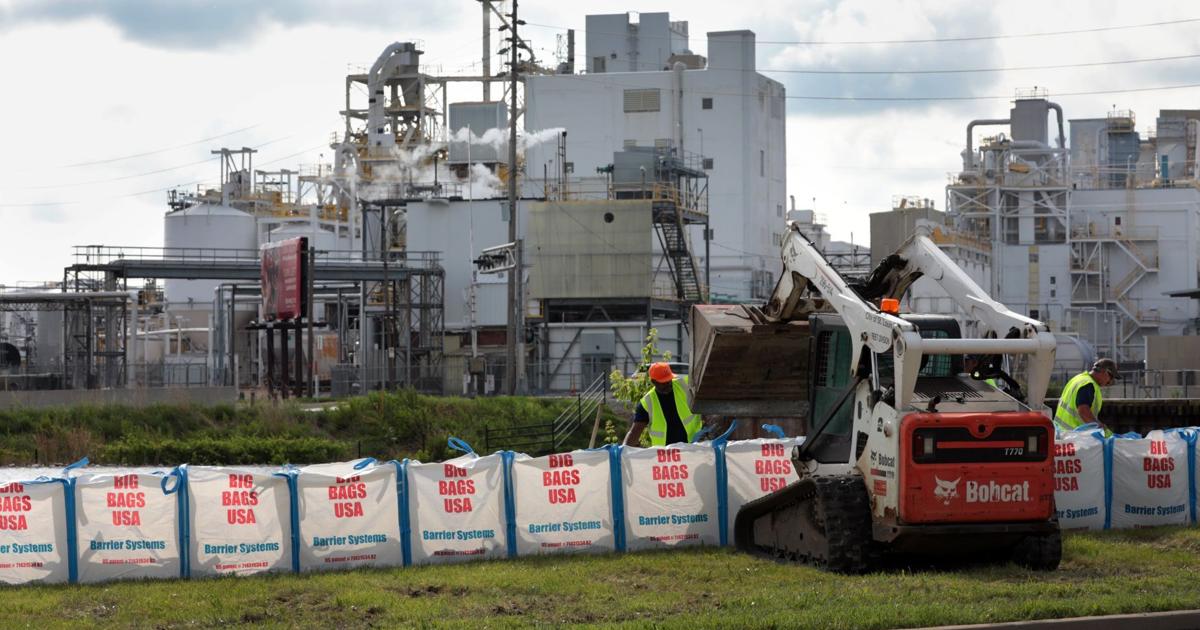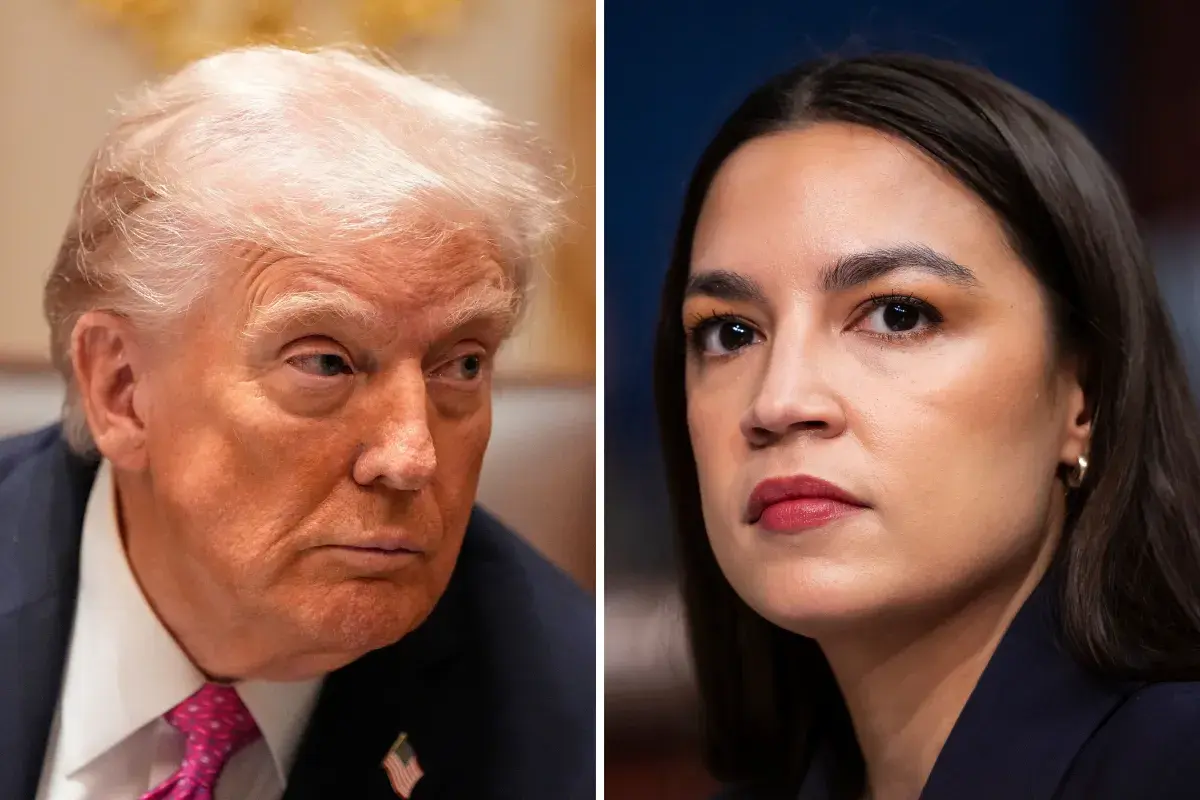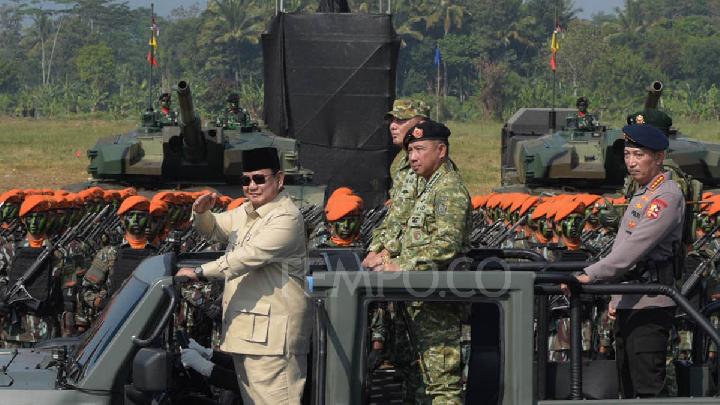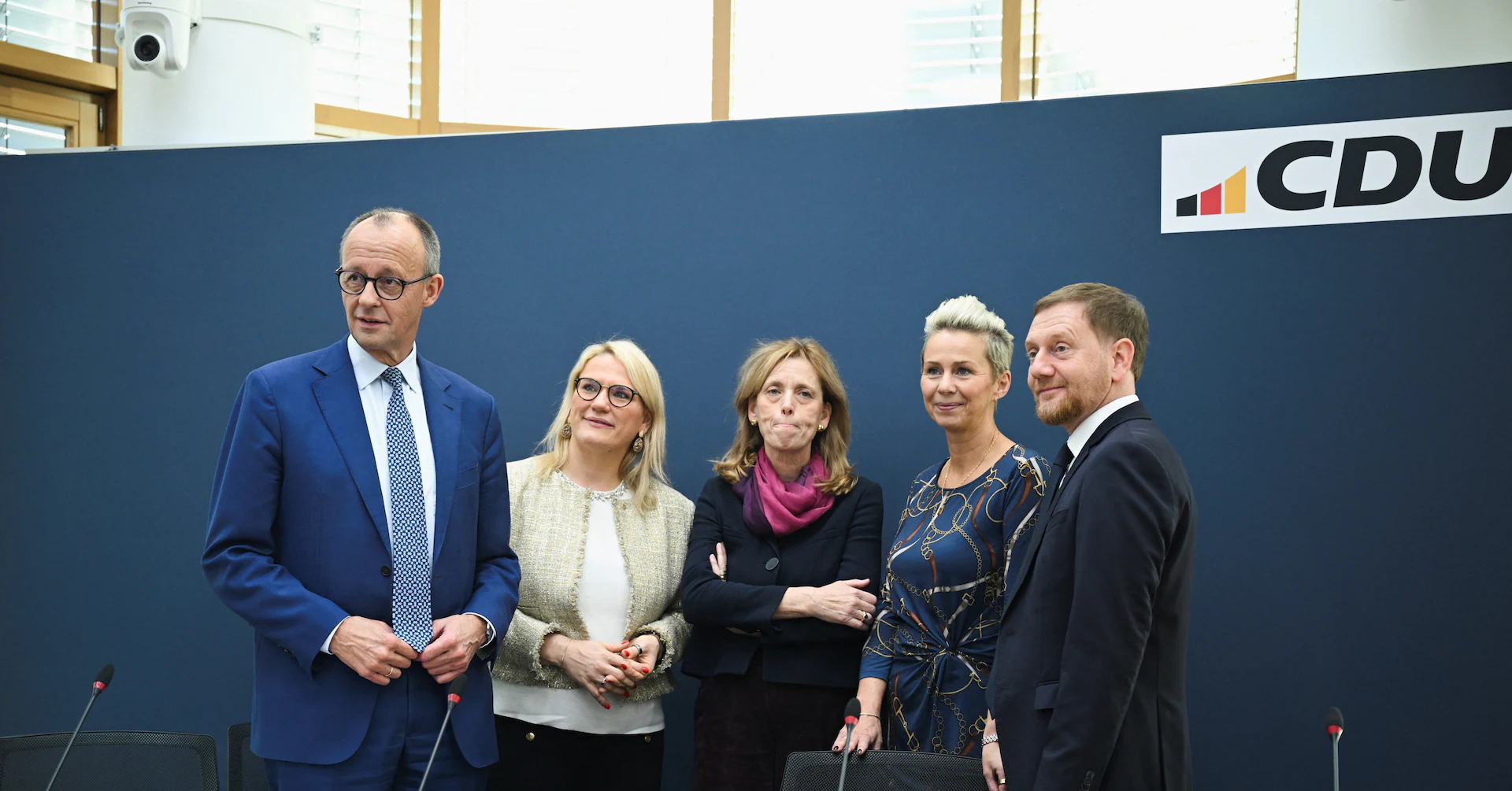Copyright ghanamma
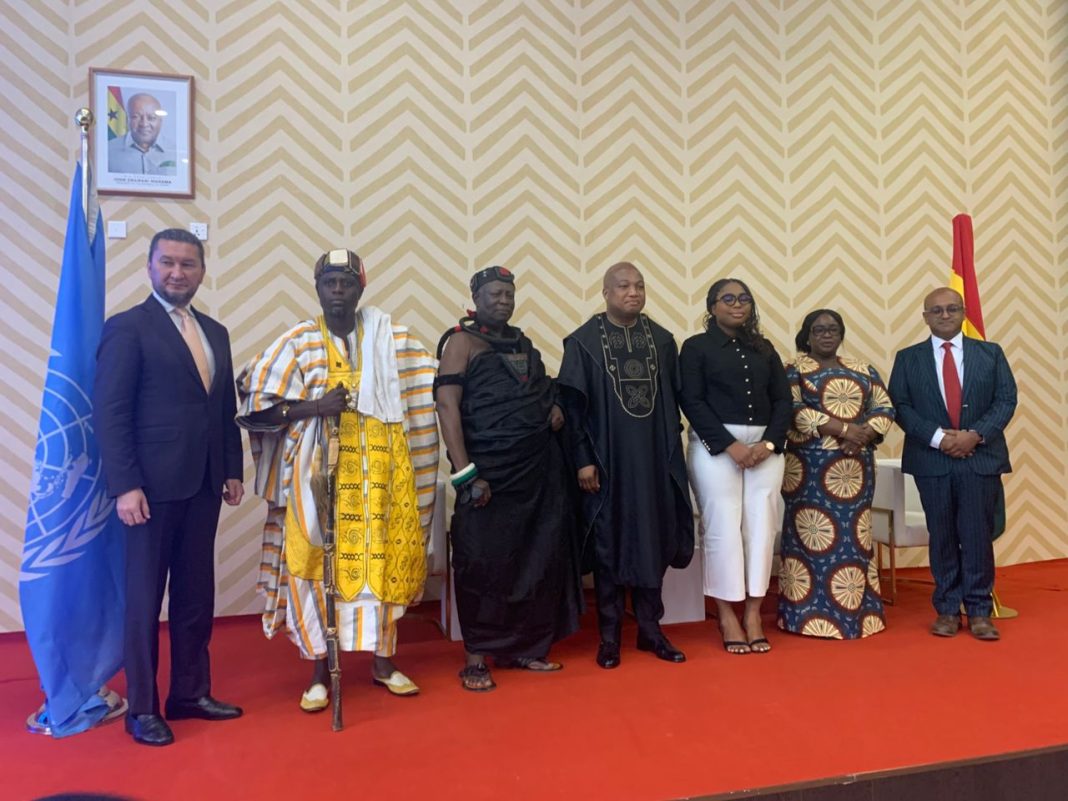
By James Amoh Junior, GNA Accra, Oct. 23, GNA – Mr. Samuel Okudzeto Ablakwa, Ghana’s Minister for Foreign Affairs, has called for urgent reforms of key global institutions, including the United Nations Security Council, the International Monetary Fund (IMF), and the World Bank, to make them more representative, equitable, and responsive to the realities of the 21st century. The calls come amidst growing concerns among developing nations that the current global governance and financial systems no longer reflect today’s geopolitical and economic realities. The Foreign Minister emphasized that meaningful reform of the United Nations Security Council, IMF, and the World Bank was essential to restore fairness and credibility in international decision-making. That, he said, would ensure equitable access to resources, and give Africa and the wider Global South a stronger voice in shaping solutions to shared global challenges. Mr Ablakwa made the call on Wednesday when he addressed a High-Level Dialogue jointly organized by the Ministry of Foreign Affairs and the United Nations (UN) in Accra to mark the 80th anniversary of the UN. The dialogue formed part of Ghana’s weeklong activities commemorating the UN’s 80th anniversary, celebrating eight decades of partnership and shared responsibility between Ghana and the UN toward building a fairer and more sustainable world. The event, held on the global theme: “UN@80: Building Our Future Together” and the national theme “Ghana and the UN – Shared Responsibility for a Better Tomorrow,” brought together diplomats, academics, civil society actors, and development partners to reflect on “The Future of Multilateralism in a Changing World” and “Advancing Sustainable Development and Finance in a Fragmented Global Order.” Mr. Ablakwa said as the UN marked eight decades of existence, the world must renew its faith in multilateral cooperation, which remains the most powerful mechanism for peace, development, and shared prosperity. He described the UN as humanity’s “greatest expression of hope,” emphasizing that its founding ideals of dialogue, collective problem-solving, and respect for sovereignty remained as vital today as they were in the aftermath of the Second World War. “The future of multilateralism must be one of renewal and reform, not retreat,” he said, adding that “the United Nations must evolve into a more agile, representative, and responsive institution capable of addressing 21st-century realities while upholding its founding ideals.” Citing President John Dramani Mahama’s address to the 80th Session of the UN General Assembly in New York, Mr. Ablakwa reiterated Africa’s demand for permanent representation on the UN Security Council, noting that the current structure did not reflect the global demographic and economic landscape. He stated that “a continent as large and significant as Africa must have at least one permanent seat on the Security Council,” he said, adding that reform would help restore “legitimacy, equity, and trust in global decision-making.” The Minister further called for a “reset” of the international financial architecture, which he said was “rigged against Africa and much of the Global South.” He stressed that many developing nations remained trapped in cycles of unsustainable debt and lacked fair access to capital and trade. He urged the UN to champion financial justice through debt relief, sustainable investment, and climate-sensitive financing mechanisms that prioritized people and planet over politics and profit. Mr. Ablakwa condemned the growing attacks on humanitarian aid workers, noting that 2024 recorded a sharp increase in such incidents, with preliminary data suggesting an even worse trend for 2025. He recalled Ghana’s participation in the signing of the Declaration for the Protection of Humanitarian Personnel during the UN General Assembly, affirming the country’s commitment to ensuring that aid workers were protected and able to operate safely in conflict and disaster zones. The Minister stressed that the UN must strengthen coordination with regional organizations such as the African Union, ASEAN, the European Union, and CARICOM to ensure that peacebuilding, development, and humanitarian efforts were locally informed and regionally owned. The UN Resident Coordinator in Ghana, Mr. Zia Choudhury, in his keynote address, reflected on the founding ideals of the UN and the urgent need to safeguard them in an era of misinformation, conflict, and geopolitical tension. He reminded the audience that the UN was created out of the devastation of World War II to build a system rooted in peace, human dignity, and cooperation. “The theme, ‘UN at 80: Building Our Future Together,’ reminds us that the future we seek cannot be achieved alone,” he said, adding that “It requires shared responsibility, strong partnerships, and a renewed commitment to multilateral cooperation.” Mr. Choudhury commended Ghana for being a consistent and reliable partner of the UN through peacekeeping, diplomacy, and development initiatives. He described the UN as a “global family,” acknowledging its imperfections but emphasizes that dialogue and collaboration remained the most effective tools for global problem-solving. “I’d rather talk all day than fight all day,” he said, urging the protection of spaces for open and critical dialogue in a world increasingly driven by short, emotion-laden communication. He also called on member states to confront uncomfortable truths and embrace bold reforms to make the UN fit for purpose, especially in the face of challenges such as climate change, inequality, and erosion of international law. The dialogue featured two thematic panels moderated by journalist Bernard Avle and Dr. Aggrey Darko, Head of Civil Service. Panelists included Prof. Henrietta Mensa-Bonsu, Dr. Vladimir Antwi-Danso, Sangu Delle, Alhassan Andani, Prof. Godfred Bokpin, and Mr. Augustine Simons, who discussed the evolving role of multilateralism, sustainable finance, and global economic equity. Christian Akorlie
